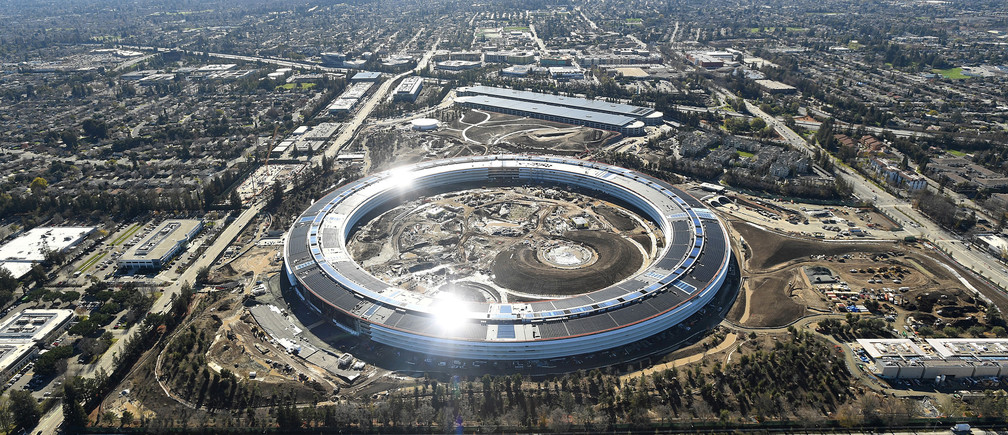In the heart of California lies a region that has become synonymous with technological advancement, innovation, and entrepreneurship: Silicon Valley. Since its emergence as a hub for semiconductor manufacturers in the mid-20th century, Silicon Valley has evolved into a global epicenter of technology, driving the digital revolution and shaping the way we live, work, and communicate. In this article, we’ll delve into Silicon Valley’s unparalleled influence on global innovation, examine the factors that have contributed to its success, and explore the implications of the ongoing tech boom.
The Birth of Silicon Valley
Silicon Valley’s origins can be traced back to the post-World War II era when Stanford University and companies like Hewlett-Packard laid the groundwork for what would become a breeding ground for innovation. The region’s name derives from the abundance of silicon chip manufacturers that set up shop in the area during the 1960s and 1970s, attracted by the proximity to leading research institutions and a culture of collaboration and risk-taking.
Factors Driving Silicon Valley’s Success

Several key factors have contributed to Silicon Valley’s status as a global innovation powerhouse. One of the most significant is the presence of world-class universities such as Stanford and UC Berkeley, which have fueled a steady stream of talent and research breakthroughs in fields ranging from computer science to biotechnology.
Additionally, Silicon Valley’s ecosystem thrives on a culture of entrepreneurship and risk-taking, where failure is seen not as a setback but as a valuable learning experience. This culture of experimentation and iteration has fostered a spirit of innovation that continues to drive the region’s success.
Moreover, Silicon Valley benefits from a concentration of venture capital firms willing to invest in high-risk, high-reward ventures. This influx of capital has enabled startups to scale rapidly and disrupt traditional industries, leading to the emergence of global tech giants like Google, Facebook, and Apple.
Silicon Valley’s Global Influence
The impact of Silicon Valley extends far beyond its geographical borders, shaping the trajectory of industries and economies worldwide. Through its innovative technologies and business models, Silicon Valley has transformed the way we communicate, conduct business, and access information.
One of the most notable examples of Silicon Valley’s global influence is the rise of the internet and digital platforms, which have revolutionized virtually every aspect of modern life. Companies like Google and Facebook have connected billions of people around the world, democratizing access to information and empowering individuals to communicate and collaborate on a global scale.
Furthermore, Silicon Valley has been at the forefront of technological advancements in fields such as artificial intelligence, biotechnology, and renewable energy, driving breakthroughs that have the potential to address some of the world’s most pressing challenges, from climate change to healthcare.
Challenges and Criticisms
Despite its remarkable achievements, Silicon Valley is not without its critics. The region has come under scrutiny for issues ranging from income inequality and gentrification to data privacy concerns and ethical dilemmas surrounding emerging technologies.

Moreover, Silicon Valley’s dominance in certain sectors has raised concerns about competition and innovation. Critics argue that the concentration of power among a handful of tech giants stifles competition and limits consumer choice, ultimately hindering innovation and economic growth.
Looking Ahead
As Silicon Valley continues to evolve and expand its influence, the future of global innovation remains uncertain. While the region faces challenges and criticisms, its unparalleled ecosystem of talent, capital, and creativity positions it to remain at the forefront of technological innovation for years to come.
However, as Silicon Valley navigates the complexities of a rapidly changing world, it must also reckon with its responsibilities as a global leader in innovation. By addressing issues such as diversity, inclusion, and ethical governance, Silicon Valley can ensure that its legacy is not just one of technological prowess but also of positive social impact and sustainable growth.
In conclusion, Silicon Valley’s influence on global innovation is undeniable, driving technological advancements that have reshaped the world in profound ways. As we continue to witness the tech boom unfold, it’s essential to recognize both the opportunities and challenges that come with Silicon Valley’s leadership role in shaping the future of technology and society.
